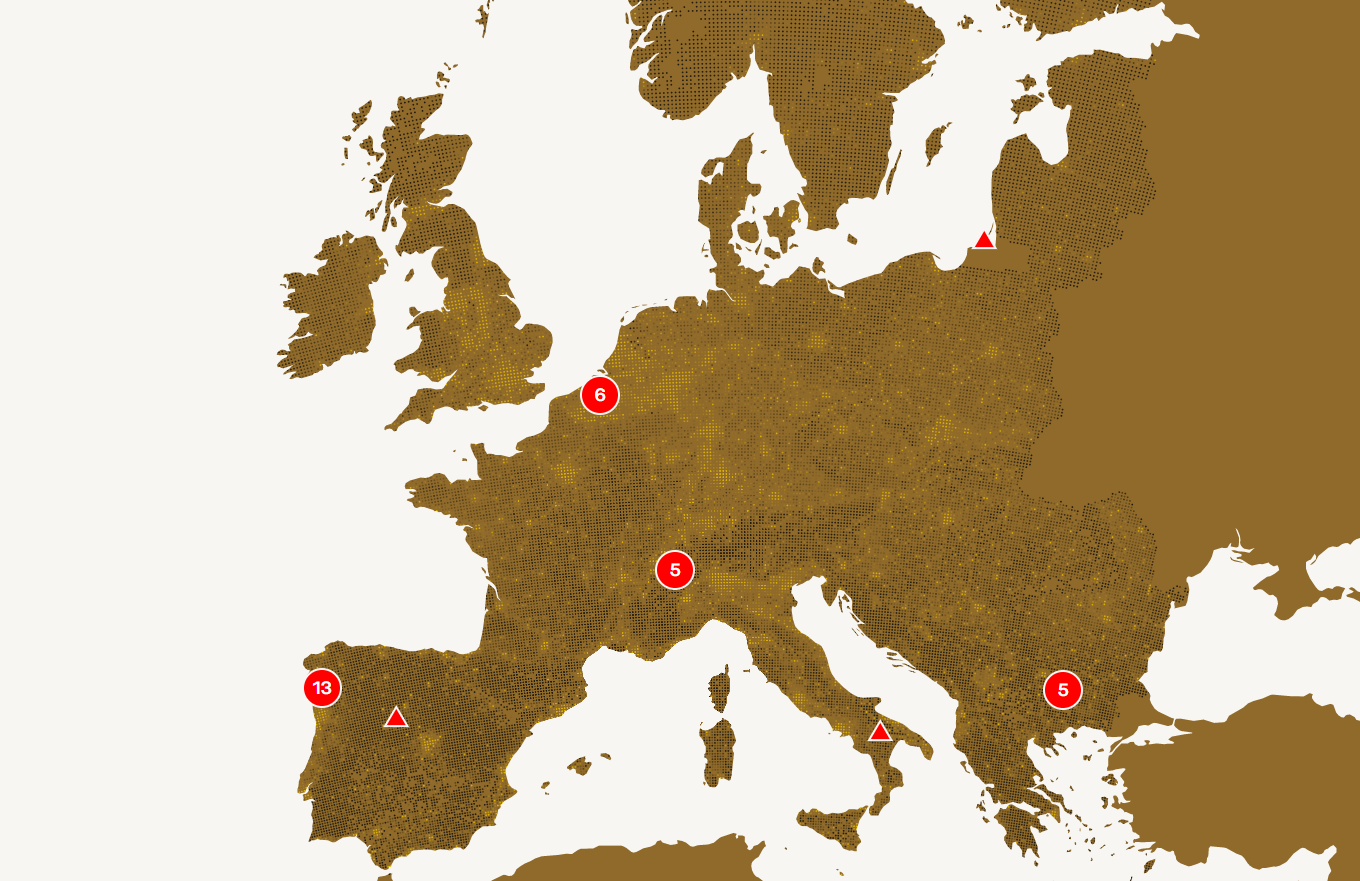After two years of exploring the diverse conditions of the rural world, the NERU consortium (New Ruralities, Erasmus+ Cooperation Partnerships 2022–2025), comprising six architecture and urban design units from ULB (Brussels), POLITO (Turin), UDC (La Coruña), UMinho (Guimarães), UACEG (Sofia), and ETH (Zürich), is organizing an international symposium in Brussels on July 3rd–4th, 2025.
Titled “Shifting Ruralities. Reimagining Rural Spaces in Europe”, the symposium wishes to highlight the dynamic and evolving nature of European rural areas in a globalized world. It seeks to gather contributions that reflect their diversity, examine the forces driving these changes, and explore new perspectives —without claiming authority over the many interpretations of rurality. Despite the contrasts among contemporary rural spaces, certain commonalities persist: aging populations often living in isolation with limited access to essential services; struggling economies modestly sustained by urban dependence on rural resources (e.g., energy, food, raw materials, logistics); widespread abandonment of built infrastructure, resulting in plummeting land values; and a rich cultural and architectural heritage rooted in anthropized landscapes. Rather than merely cataloguing these traits, we aim to uncover the histories and stories that shape them. How have these diverse paths emerged, and what lessons can they offer? Are there success stories that might inspire other communities?
The symposium emphasizes the “re” in reimagining, focusing not on novelty but on revisiting notions of progress, innovation, and identity. Rural areas, shaped by over 8,000 years of interaction between human and non-human forces, resist complete homogenization, even as globalization embeds them in global economic and environmental networks. These spaces remain vital, evolving in interaction with urban, peri-urban, and global systems. While the perceived shift from cities to the countryside during the COVID-19 pandemic suggested transformative potential, we are equally intrigued by the “otherness” of rural areas—worlds where alternative livelihoods, rituals, economies, temporalities, and ecologies coexist, often influenced by pre-modern cosmologies that linger beneath the surface or are dismissed as backward.

As a consortium working predominantly within faculties of architecture, NERU seeks to engage in dialogue with actors from diverse traditions, disciplines, and regions. By contrasting our findings with those from other contexts, we aim to foster new transnational alliances that amplify the varied voices inhabiting and shaping contemporary rural spaces.
Participants are invited to send an abstract summarizing their research, project or idea (max. 600 words) by February 10th, 2025. We welcome theoretical, methodological, and empirical contributions addressing questions such as the reinhabitation of the countryside, the representation of the rural, the co-creation of rural places, the revitalisation of rural economies, the decolonisation of urban hinterlands, and the promises of rural advocacy.
The submissions should specify the format of the proposed paper (short or long one) and their affinity to the six discussion panels (up to two). More information regarding the formats and panels can be found below.
The scientific committee will carefully read the abstracts and communicate their selection by March 10th, 2025. Final submissions are expected by June 10th, 2025.
A limited range of the submissions will be collected in a book whose publication is planned in Spring 2026. The finalized version of the selected papers will be sent by August 29th, 2025.
The participation in the symposium is free of charge.
More information on the symposium along with instructions for registering, and submitting an abstract can be found here.

